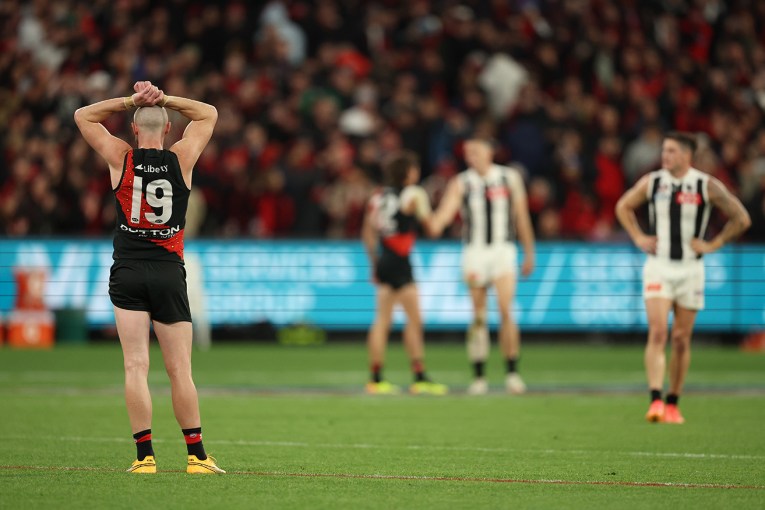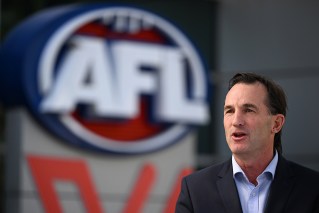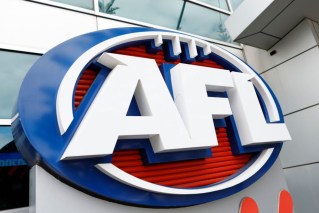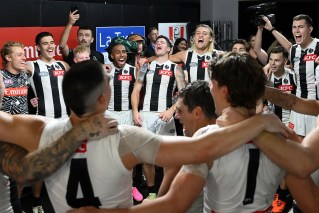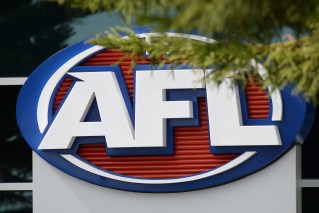The key reason AFL clubs are buying into other sporting pursuits

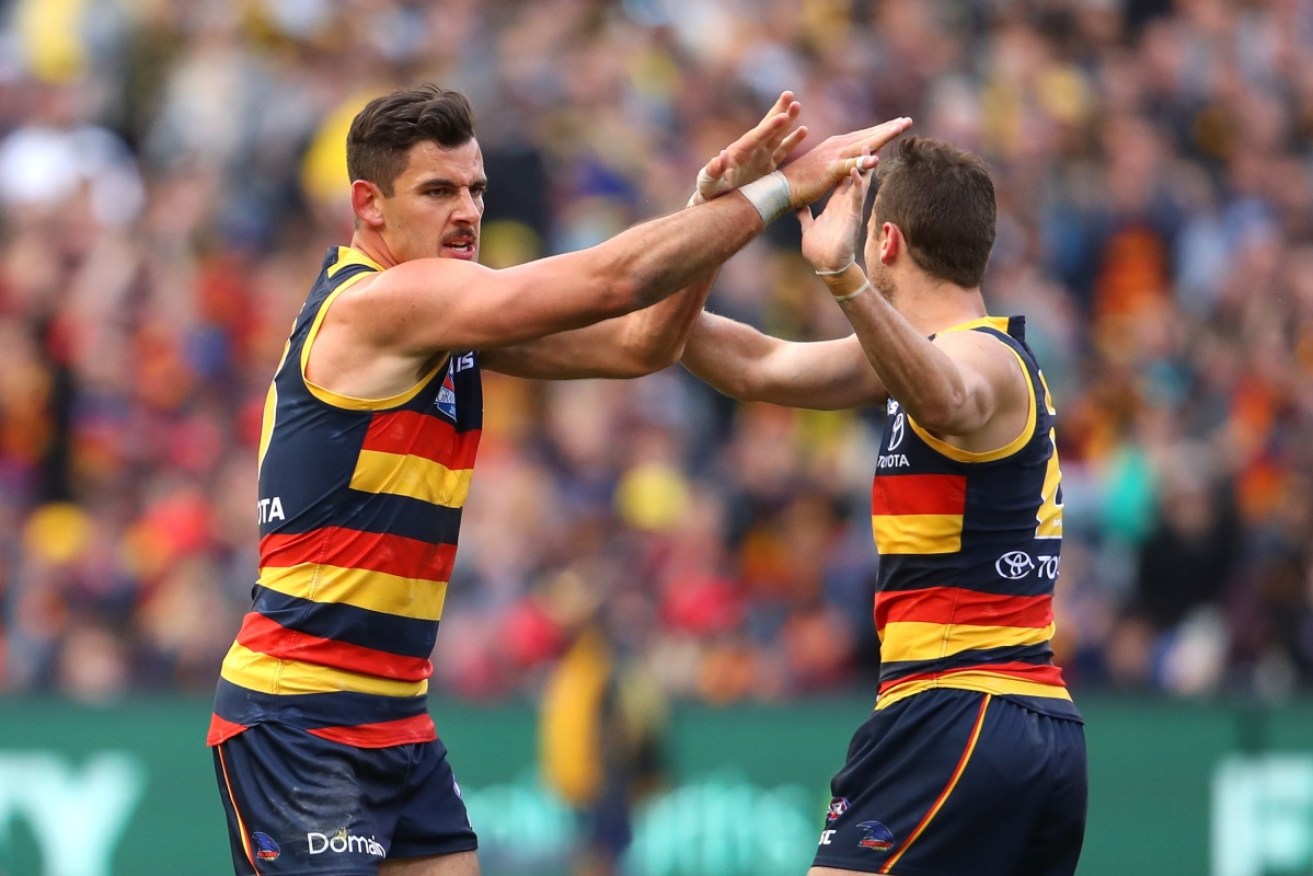
The Adelaide Crows' purchase of a baseball team will expand its brand and footprint offshore. Photo: Getty
AFL fans in Adelaide must be crow-calling in astonishment after the announcement that the Crows have secured the licence for the Australian Baseball League’s (ABL) Adelaide Bite.
The ABL is not an eyeball-grabber and will struggle for media space against the BBL, AFLW and Oz Open, but there are some key reasons this deal should not be dismissed.
The Crows want to expand the club’s footprint in Asia, and the Bite – along with the acquisition of the Sydney-based Legacy Esports team – provide pathways for achieving this.
These investments are key parts in a diversification strategy intended to grow the Crows’ business base beyond football, broaden its brand and ensure the club’s future financial viability.
The Bite deal stemmed from Baseball Australia’s (BA) decision to expand the ABL from six to eight teams and introduce private ownership.
The Crows cut a good deal, as ABL licences cost next to nothing.
Adelaide will pay an annual fee to cover the Bite’s operational and travel expenses and know it will be hit with hefty exit costs if it terminates the deal before the five-year licence period has ended.
Included in the ABL’s expansion plans were teams from New Zealand and Korea.
The New Zealand deal is currently being finalised, but the Koreans have signed on. Winterball Korea will comprise released or retired KBO League players and be based in Geelong.
With the KBO season in winter recess, BA hopes Winterball’s presence will attract Korean, Japanese and Taiwanese interest in the ABL.
BA CEO Cam Vale predicts that “in a region where more people attended live baseball games last year than the entire population of Australia, the spotlight will be on us when traditional northern hemisphere powerhouses Korea, Japan and Taiwan are dormant in the winter months”.
This exposure is the main reason behind the Crows’ move into baseball.
As CEO Rod Chapman explained: “Baseball is a proven and popular sport in the United States and Asia, and it expands our brand and footprint offshore.”
The deal piggybacked the Crows’ acquisition of Legacy in May 2017.
Potentially more lucrative, the Legacy buy was prompted by the limitations of the local football market.
As the Crows chief operations officer Nigel Smart told ESPN, the club realised its “traditional revenue stream [was] reaching capacity”.
Though the Crows’ fanbase is 600,000, the board was concerned about future growth prospects.
Esports was rightly seen as an expanding global market. Between 2015-17, the market increased by 102 per cent to $US655 million ($862 million). Its estimated current value is $US905 million ($1.19 billion) with a global audience of 380 million. The market value is expected to tip $US1.5 billion ($1.98 billion) by 2020.
Through the Legacy acquisition, the Crows tapped into this market and sought to position its brand in Asia.
Last year, 51 per cent of Esports’ core enthusiasts were based in the Asia Pacific, while China and South Korea accounted for 22 per cent of the total global market.
Other AFL clubs have followed the Crows’ lead. Essendon bought the Abyss esports team, while Sydney announced a sponsorship deal with gamer accessories company, HyperX.

Grand opening of Esports Arena in Las Vegas in March. Photo: Getty
Even the AFL has entered the market, signing a joint venture with Riot Games to stage an Esports tournament in Melbourne next November.
These initiatives follow overseas trends.
More than 170 sports teams have Esports associations, including NBA, NFL and MLB franchises.
When coupled with the Bite acquisition, the Crows’ strategy makes good business sense.
The AFL market is limited, and these investments allow the Crows to diversify into sports with bigger global footprints and prospects for growth.
But this growth may have a cost.
The baseball and gamer markets, potentially, are far bigger earners than the AFL.
When revenues from international markets exceed footy earnings, the Crows may be no longer just a football club, but a mini sports conglomerate in which board decisions are based on the overall group’s financial welfare, not an individual team’s success.
When this occurs, Adelaide supporters may be crow-calling in anger, not astonishment.
